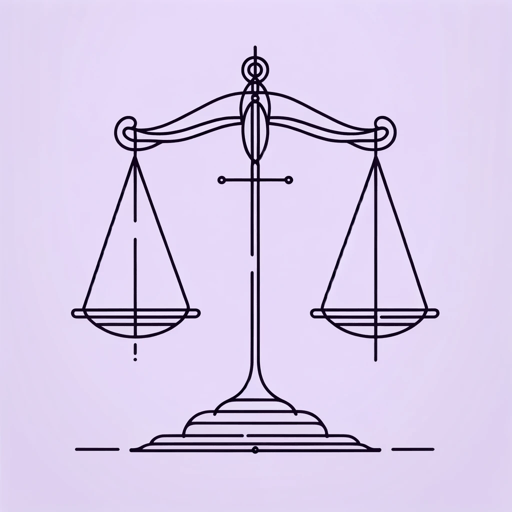61 pages • 2 hours read
Daniel Kahneman, Olivier Sibony, Cass R. SunsteinNoise: A Flaw in Human Judgment
Nonfiction | Book | Adult | Published in 2021A modern alternative to SparkNotes and CliffsNotes, SuperSummary offers high-quality Study Guides with detailed chapter summaries and analysis of major themes, characters, and more.
Part 6- AppendicesChapter Summaries & Analyses
Part 6: “Optimal Noise”
Part 6, Foreword Summary
In this section, the authors address the opposition to the noise-reducing sentencing guidelines by Yale Law professor Kate Stith and federal judge José Cabanes. Stith and Cabanes argue that the guidelines amount to fear of human discretion and even judgment itself, and that “no mechanical solution can satisfy the demands of justice” (379). Stith and Cabanes’ view is echoed in other disciplines too, where people draw attention to the particulars of each case.
Sometimes the cost of eliminating noise might outweigh the benefits and “produce a range of awful or even unacceptable consequences for both public and private institutions” (380). For example, exaggerated noise-reduction strategies might create bias problems, such as all doctors in a hospital prescribing aspirin regardless of what was needed. Moreover, noise enables everyone to feel like they have been heard and can help societies embrace new values. Lastly, people “do not want to be treated as if they are mere […] cogs in some kind of machine,” and some noise-reduction strategies “might squelch people’s creativity and prove demoralizing” (381). However, the authors still conclude that while these objections should be considered, noise-reduction strategies remain invaluable.

